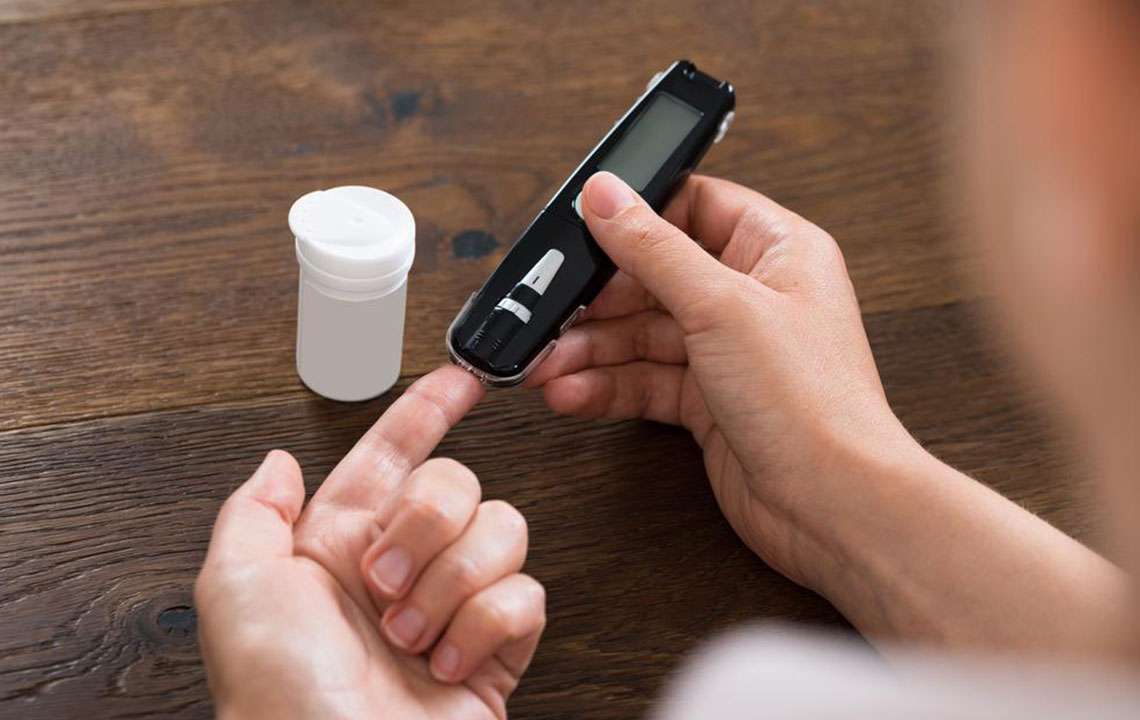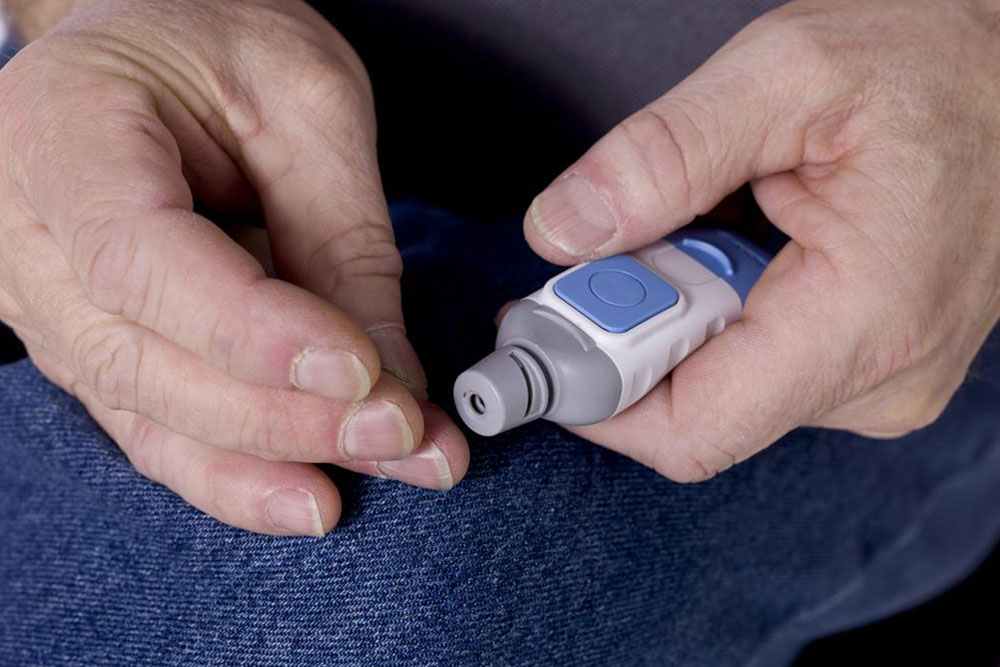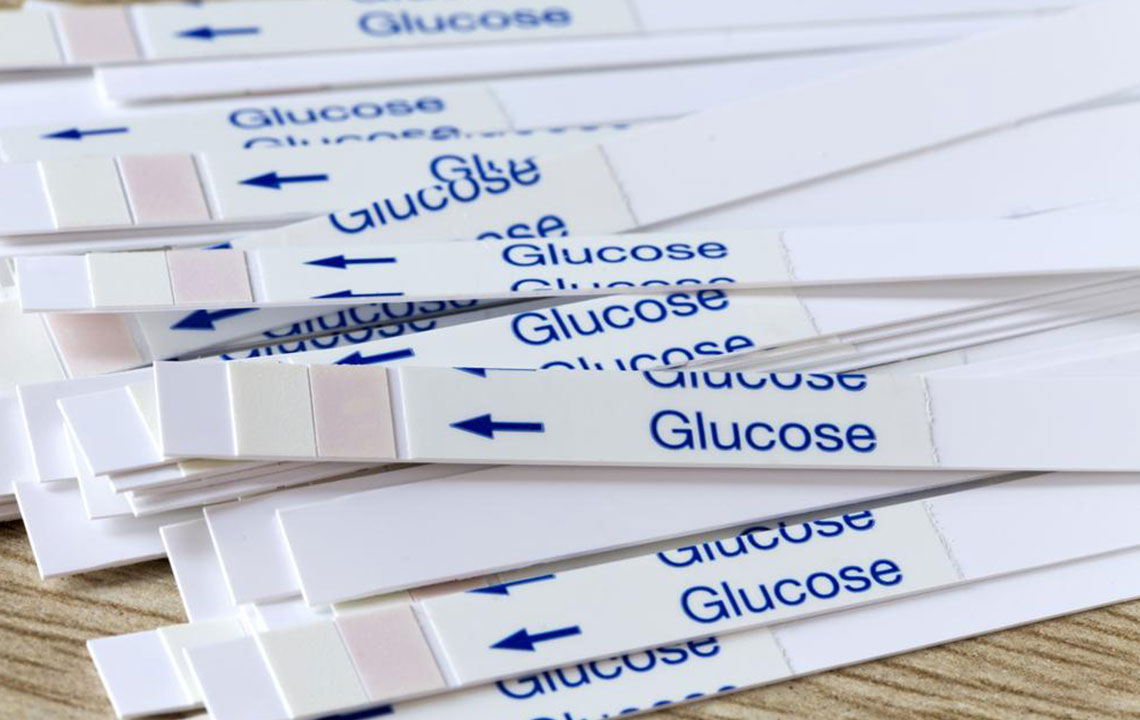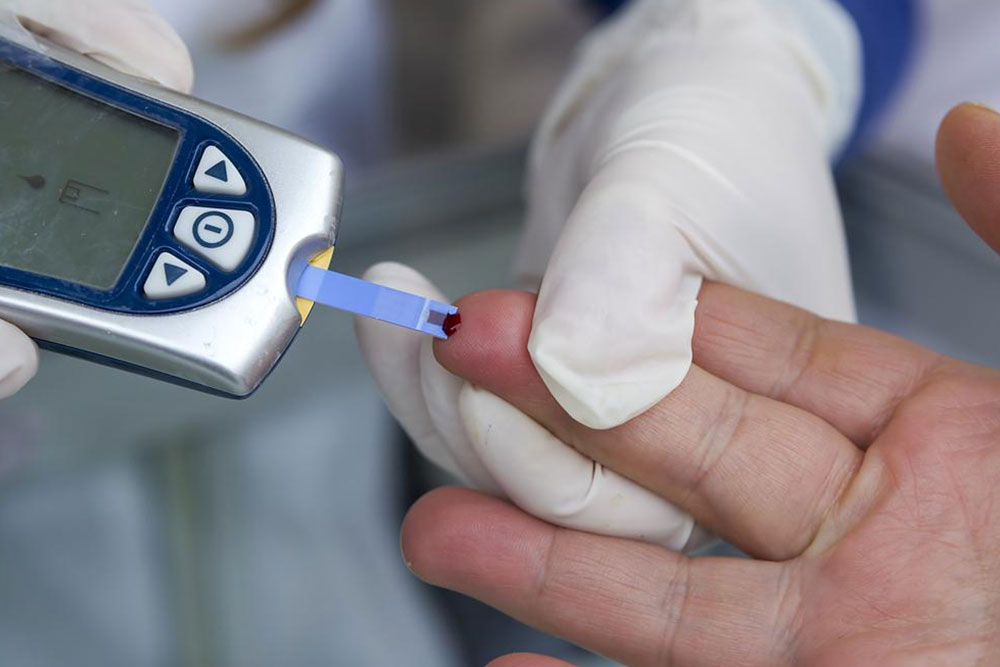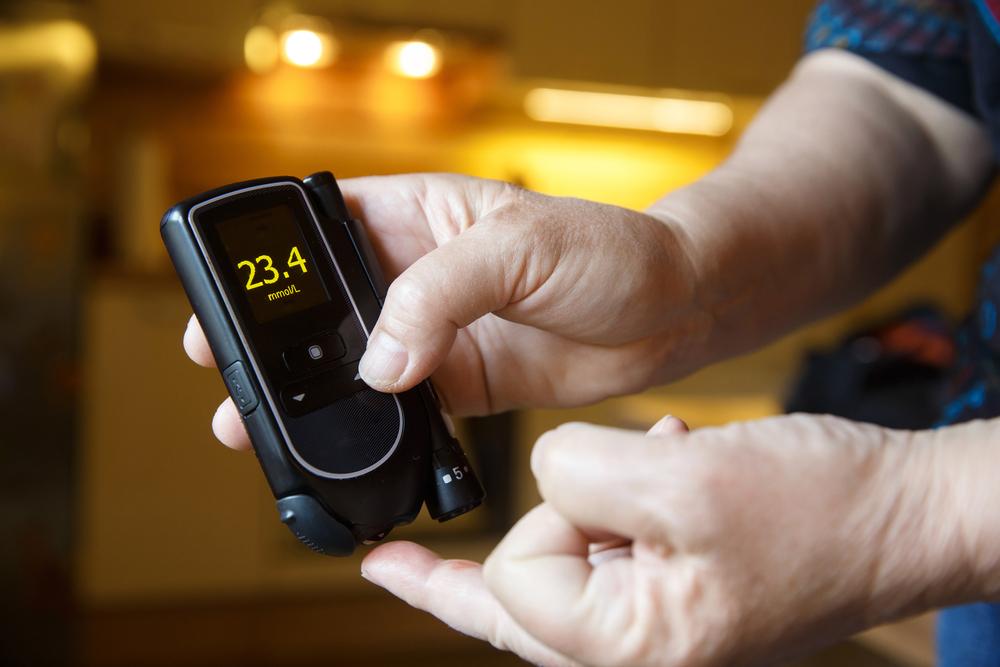Comprehensive Guide to Blood Sugar Levels: Essential Knowledge for Better Health
This comprehensive guide delves into blood sugar levels, explaining normal ranges, how to measure them, and effective strategies for managing imbalances. Learn about symptoms, causes, and lifestyle tips to maintain healthy glucose levels and prevent diabetes complications. Ideal for individuals seeking to understand their blood sugar health and improve overall well-being.

Comprehensive Guide to Blood Sugar Levels: Essential Knowledge for Better Health
Blood sugar regulation is a critical aspect of overall health, impacting energy levels, organ function, and long-term wellness. The hormone insulin, which is produced by the pancreas, plays a vital role in managing blood glucose levels by facilitating the transport of glucose into various cells for energy use. Understanding how blood sugar fluctuates, what constitutes healthy levels, and how to monitor and manage imbalances can significantly improve quality of life and prevent serious health complications.
Blood sugar, also known as blood glucose, varies widely from person to person influenced by factors such as diet, activity level, stress, and overall health. Hyperglycemia refers to elevated blood sugar levels, often associated with diabetes mellitus, while hypoglycemia indicates dangerously low blood sugar. Maintaining a balanced blood sugar level is essential to prevent both immediate symptoms and long-term health issues.
In the United States, blood sugar levels are typically measured in millimoles per liter (mmol/L). Understanding what these numbers mean is crucial for proper monitoring and management of blood glucose, especially for individuals with or at risk for diabetes.
Understanding Normal Blood Sugar Levels
The lowest blood sugar readings are observed in the fasting state, usually in the morning before breakfast. For most healthy individuals, fasting blood sugar levels range between 3.9 and 5.5 mmol/L. This range indicates optimal carbohydrate metabolism and insulin function.
People diagnosed with diabetes often have fasting blood glucose levels ranging from 4.4 to 7.2 mmol/L, with higher values indicating poorer control. It's also important to note that blood sugar spikes post-meal are normal but should stay within certain thresholds. Typically, two hours after eating, non-diabetic individuals should have blood glucose levels below 7.8 mmol/L. Diabetics, however, may have post-meal levels up to 10.0 mmol/L without immediate risk but should aim for tighter control.
Measuring Long-term Glucose Control
Hemoglobin A1c (HbA1c) is a crucial marker for assessing average blood glucose over the past 2-3 months. This percentage provides insight into how well blood sugar levels are managed over time. The normal HbA1c range is approximately 5.7%, which indicates well-controlled blood sugar. Values above this suggest increased risk or presence of diabetes, with levels at or above 7.0% indicating the need for improved management or treatment adjustments.
Recognizing Symptoms, Causes, and Strategies for Blood Sugar Imbalances
Several factors can disrupt the delicate balance of blood glucose, including pancreatic dysfunction, genetic predispositions, chronic stress, irregular physical activity, and infections. Excessive consumption of carbohydrate-rich foods and sedentary lifestyles further exacerbate these issues.
Signs and symptoms of blood sugar imbalance can vary but commonly include fatigue, frequent urination, excessive thirst and dehydration, blurred vision, potential kidney complications, sexual health concerns, and gastrointestinal disturbances. Recognizing these signs early is essential for prompt intervention.
Effective management of blood sugar levels involves multiple lifestyle strategies. Regular physical activity, such as aerobic exercises and strength training, enhances insulin sensitivity and helps maintain a healthy body weight. A balanced diet rich in fiber, especially soluble fiber, and low in high-glycemic index foods helps stabilize blood sugar spikes. Incorporating foods like vegetables, whole grains, nuts, and seeds can make a significant difference.
Stress management techniques, including meditation, deep breathing exercises, and adequate sleep, support hormonal balance and reduce the risk of fluctuations. Staying well-hydrated enhances metabolic processes, and ensuring adequate intake of essential minerals like chromium and magnesium can improve insulin function.
Natural remedies such as fenugreek seeds, which are high in soluble fiber, have been shown to assist in lowering and stabilizing blood sugar levels. Regular monitoring, ongoing medical consultations, and personalized treatment plans are essential components of effective blood sugar management.
